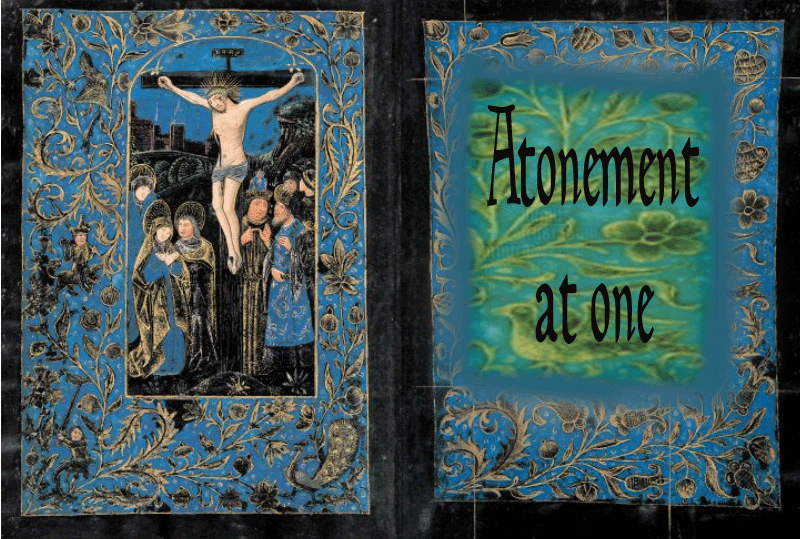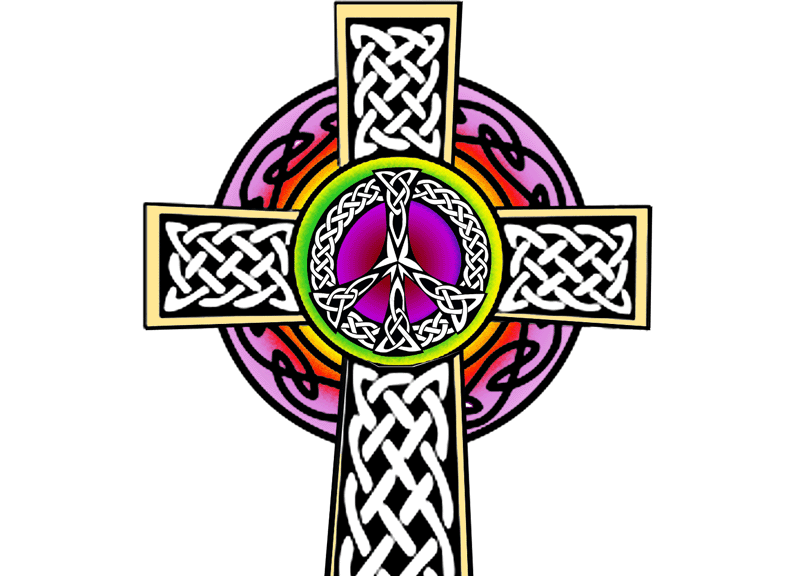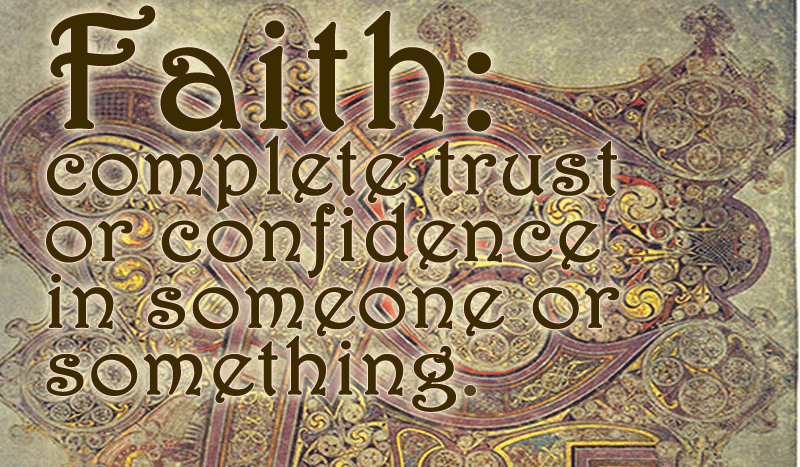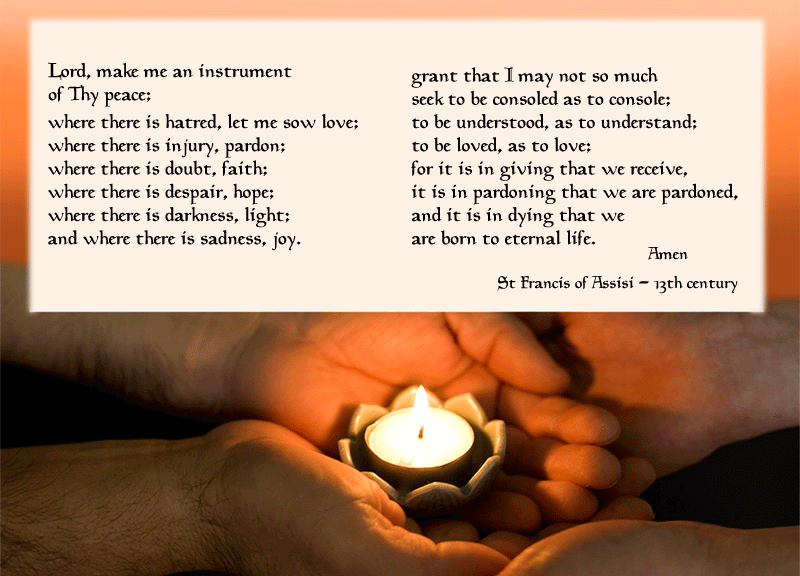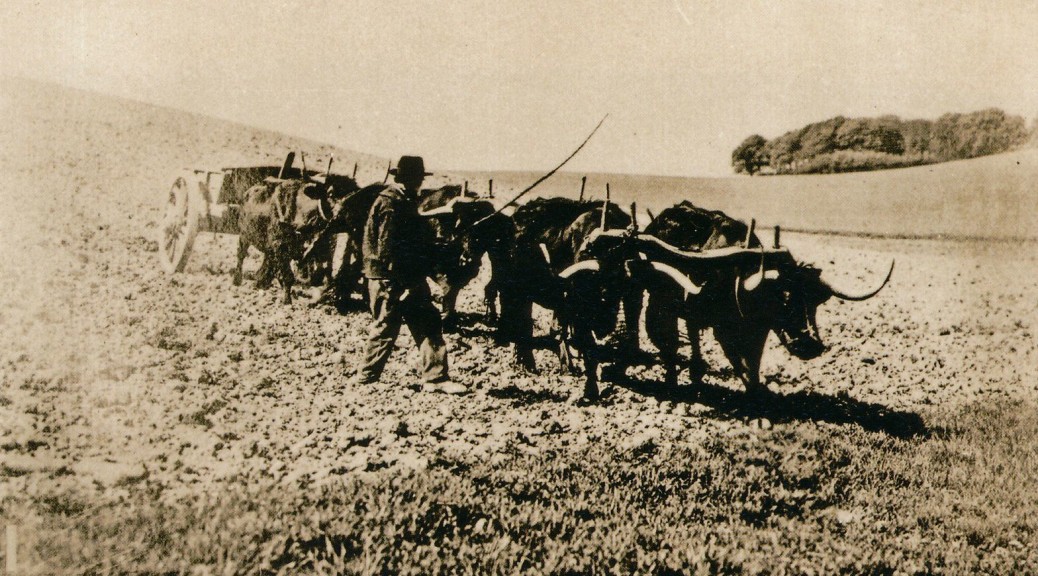ATONE – To make reparation, compensation, or amends, for an offence, crime or sin one has committed.
It restores balance. It is intentional karma.
But what if you have committed no sin?
Jesus was blameless, yet his death is atonement.
So why did Jesus die?
As a child, it seemed to me to be a rotten ending to a really good story.
I was told that, by his death on the cross, Jesus “obtained an eternal deliverance for all his people”.
But nobody explained to me how that worked.
Apparently, it was something I would understand when I was older.
Yet I was also told that God was all loving and all forgiving, so somehow, the idea that God REQUIRED Jesus to die in order to be able to forgive us all for being the humans he had created in the first place – well that made no sense.
So why was atonement necessary?
The numerous Theories of the Atonement might help, now that I am older.
There are historical theories, and more modern theories that attempt to explain the atonemant,
The Ransom Theory: This was the earliest theory, originating with the early church. This theory proposess that Christ offered himself as a ransom (Mark 10:45).
But, it does not make clear who this ransom was paid to, although many in the early church believed the ransom as paid to the devil.
However, if the devil requires a ransom, doesn’t that mean he has the upper hand and is telling God what he requires?
The Recapitulation Theory: This theory originated with Irenaeus (125-202 AD) and relates the concept back to Genesis.
Irenaeus considered Jesus’ work to be undoing the sins of Adam.
Adam was disobedient to God, but Jesus was obedient even to death. Irenaeus also compared Eve and Mary to contrast the deceptive nature of Eve with the accepting nature of Mary.
But, if I don’t believe Adam and Eve were literal people (and I don’t since I believe in evolution) this theory is not going to work for me.
The Satisfaction Theory: Proposed by Anselm of Canterbury (1034-1109) who suggested that God’s honour and dignity had been offended and it could only be satisfied by the sacrifice of Jesus – a debt paid to God on behalf of sinners.
But, this makes God seem like a petty despot, so I don’t like that one, despite thinking that Anselm is a great name 🙂
The Penal-Substitution Theory: The 16th century Reformers built upon Anselm’s theory but thought it was incomplete because it was based upon God’s honour rather than his justice and holiness. Jesus died for humankind, and in doing so, he took all our collective sins upon himself and set us free from the demands of the Law so that both the Law and the holiness of God are satisfied.
But, I still feel this makes God look a bit feeble.
The Moral- Influence Theory – Peter Abelard (1079-1142) suggested that Jesus died to influence mankind toward moral improvement. He suggested Jesus’ death was planned to impress mankind with the sheer magnitude of God’s love so that thier hearts would be softened and they would turn back to him.
In this theory, the atonement is not for God’s benefit but for ours, and this makes sense to me.
In essence, the death of Jesus touches us and influences us to changed behaviour and a better life.
I can see the logic of this one.
The Governmental Theory: This view was formulated by Hugo Grotius (1583-1645) and was adopted by Jacobus Arminius, Charles Finney, Jonathan Edwards the younger, and Methodism. It posits that God made Christ an example of suffering because he needed to show humankind that our sins displease him.
In this, my least favourite theory, God needs to stamp his authority and he does that by venting all his anger on Christ.
But, to me this makes God sound like one of those Roman legionnaires who were reputed to have randomly killed every 10th man in their ranks in order to assert their authority.
Modern theories
The Declaratory Theory: Albrecht Ritschl (1822-89)
This is an extension of the Moral Influence theory which says Jesus died to show us how much God loves us.
Makes sense to me.
The Guaranty (Guarantee) Theory: J. C. K. von Hofmann (1810-77)
Jesus died to gain followers and prove that what he said about himself was true.
Maybe, partly.
Vicarious Repentance Theory: John McLeod Campbell (1800-1872). This theory suggests that only a perfect repentance can atone for sin. Jesus died in order to be one with God’s condemnation of sin. By dying, he condemned sin, and also confessed it.
Maybe, partly.
Christ Victor Theory: G. E. H. Aulén (1879-1977).
I left this to last because it is the theory that both makes sense to me logically and fits with my own awareness of God in my life.
In Christ Victor the world is seen as one of opposing forces of good and evil in divine conflict. By dying on the cross and resurrecting, Jesus banished the powers that had maintained a hold over humanity. The atonement is viewed as divine conflict and victory over the hostile powers that hold humanity in subjection.




